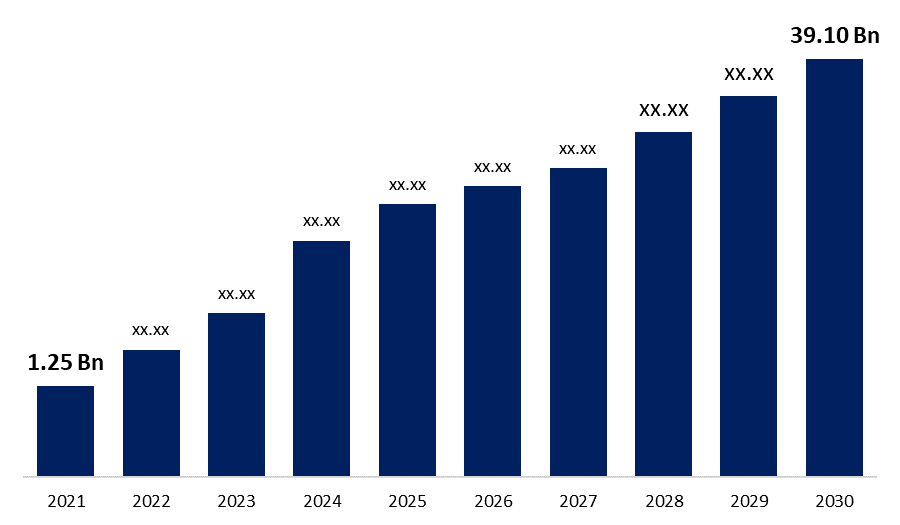Connection Corner
Your go-to guide for relationships, dating tips, and hookup advice.
Predicting Pixels: Gaming Trend Forecasting for the Evolving Gamer
Uncover the future of gaming with Predicting Pixels! Explore the latest trends and insights for the evolving gamer. Stay ahead of the game!
Top 5 Gaming Trends Shaping the Future of the Industry
The gaming industry is constantly evolving, driven by technological advancements and changing consumer preferences. Among the top trends shaping the future of gaming are cloud gaming, which allows players to access high-quality games without the need for expensive hardware, and the rise of cross-platform play, enabling friends to game together regardless of their device. Additionally, the integration of virtual reality (VR) and augmented reality (AR) is creating immersive experiences that blur the lines between the digital and real worlds. This shift is not only enhancing gameplay but also transforming how developers craft their narratives and player interactions.
Another significant trend is the focus on inclusive gaming, where developers are increasingly prioritizing diverse representation to cater to a broader audience. This includes creating characters and storylines that resonate with varied cultures and backgrounds, ultimately making gaming more accessible and relatable. Moreover, the integration of artificial intelligence (AI) is streamlining game development processes, enhancing NPC behavior, and personalizing player experiences, setting the stage for a future where gaming is more engaging than ever before. With these trends at the forefront, the future of the gaming industry looks promising and innovative.

Counter-Strike is a popular series of first-person shooter video games that focus on team-based gameplay. Players can choose to be part of either the terrorist or counter-terrorist teams, engaging in various game modes that require strategy and teamwork. Many players seek to enhance their gaming experience, and they can often find exclusive offers, such as a clash promo code, to unlock special bonuses and features.
How Emerging Technologies Are Revolutionizing Gameplay: A Deep Dive
The gaming industry is undergoing a substantial transformation as emerging technologies redefine the way we experience gameplay. Technologies like virtual reality (VR) and augmented reality (AR) are now at the forefront, enabling players to immerse themselves in environments that blur the lines between the virtual and real worlds. With advancements in cloud gaming, high-quality games are accessible on a variety of devices without the need for high-end hardware. This democratization of gaming not only widens the player base but also fosters creativity in game development as studios explore innovative mechanics and storytelling techniques.
In addition to VR and AR, other emerging technologies such as artificial intelligence (AI) and blockchain are revolutionizing gameplay in unique ways. AI-driven algorithms enhance the realism of non-playable characters (NPCs), allowing them to adapt to players' actions and create a more dynamic gaming experience. Meanwhile, blockchain technology offers players true ownership of in-game assets, enabling the development of play-to-earn models that reshape the economy of gaming. As these technologies continue to evolve, they promise to keep pushing the boundaries of what is possible in the gaming universe.
What Will the Next Generation of Gamers Expect? Trends to Watch
The gaming landscape is evolving rapidly, and the next generation of gamers will undoubtedly have distinct expectations shaped by technology and societal trends. With the rise of virtual reality (VR) and augmented reality (AR), immersive gaming experiences are becoming a standard. As these technologies become more accessible, gamers will demand not just high-quality graphics but interactive storytelling that blurs the line between the real world and the virtual. Furthermore, cloud gaming platforms are likely to gain traction, enabling gamers to play high-end titles on lower-spec devices, thus prioritizing convenience and flexibility.
Additionally, the next generation of gamers is expected to be more socially conscious and community-oriented. They will seek games that promote inclusivity and representation within the gaming narratives and character design. According to trends observed in the industry, multiplayer experiences and cross-platform compatibility will be critical in creating a sense of belonging among players. Furthermore, the importance of sustainability is likely to influence purchasing decisions, with young gamers favoring companies that adopt eco-friendly practices. As a result, game developers and publishers will need to adapt their strategies to align with these evolving expectations.